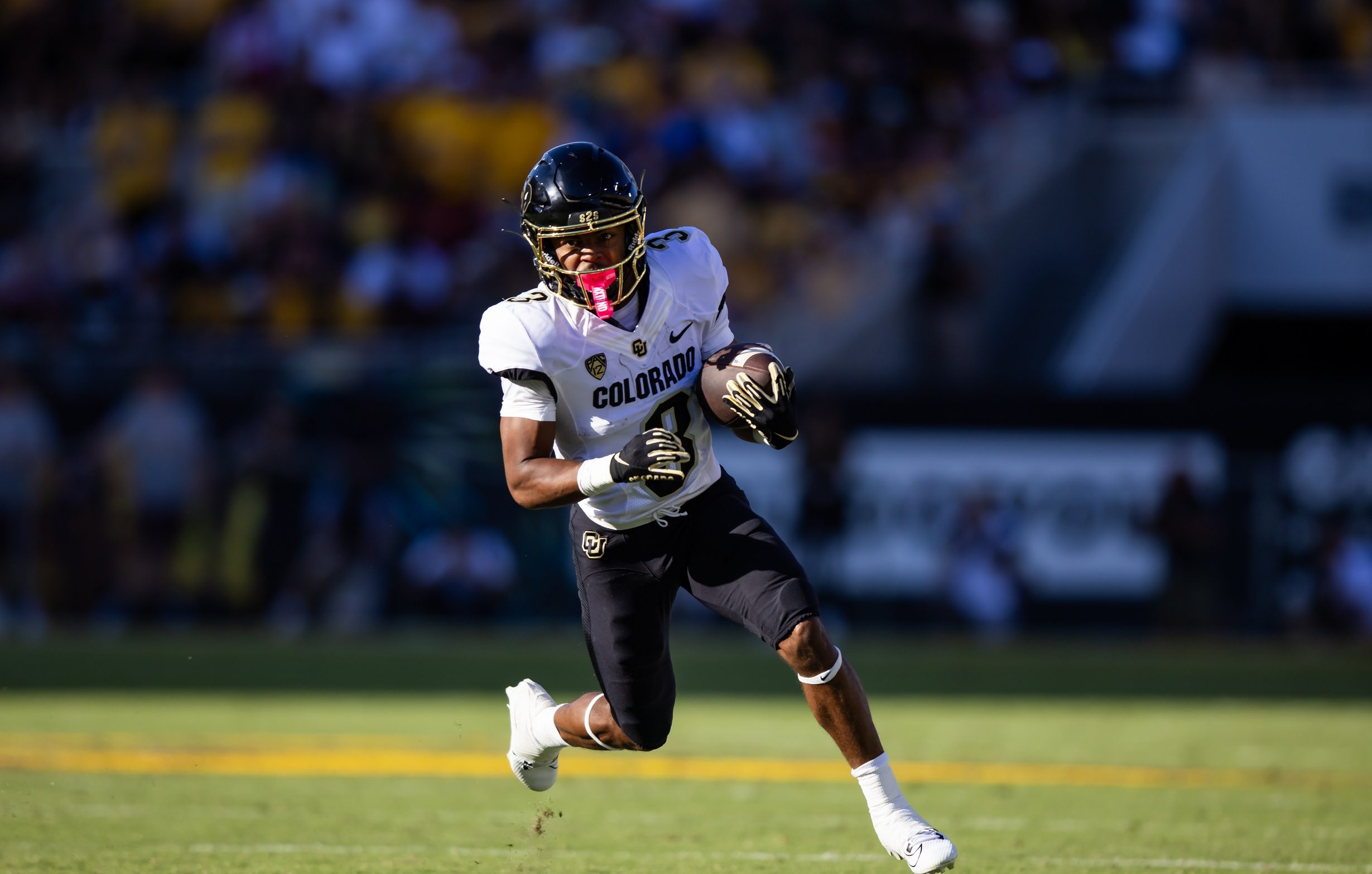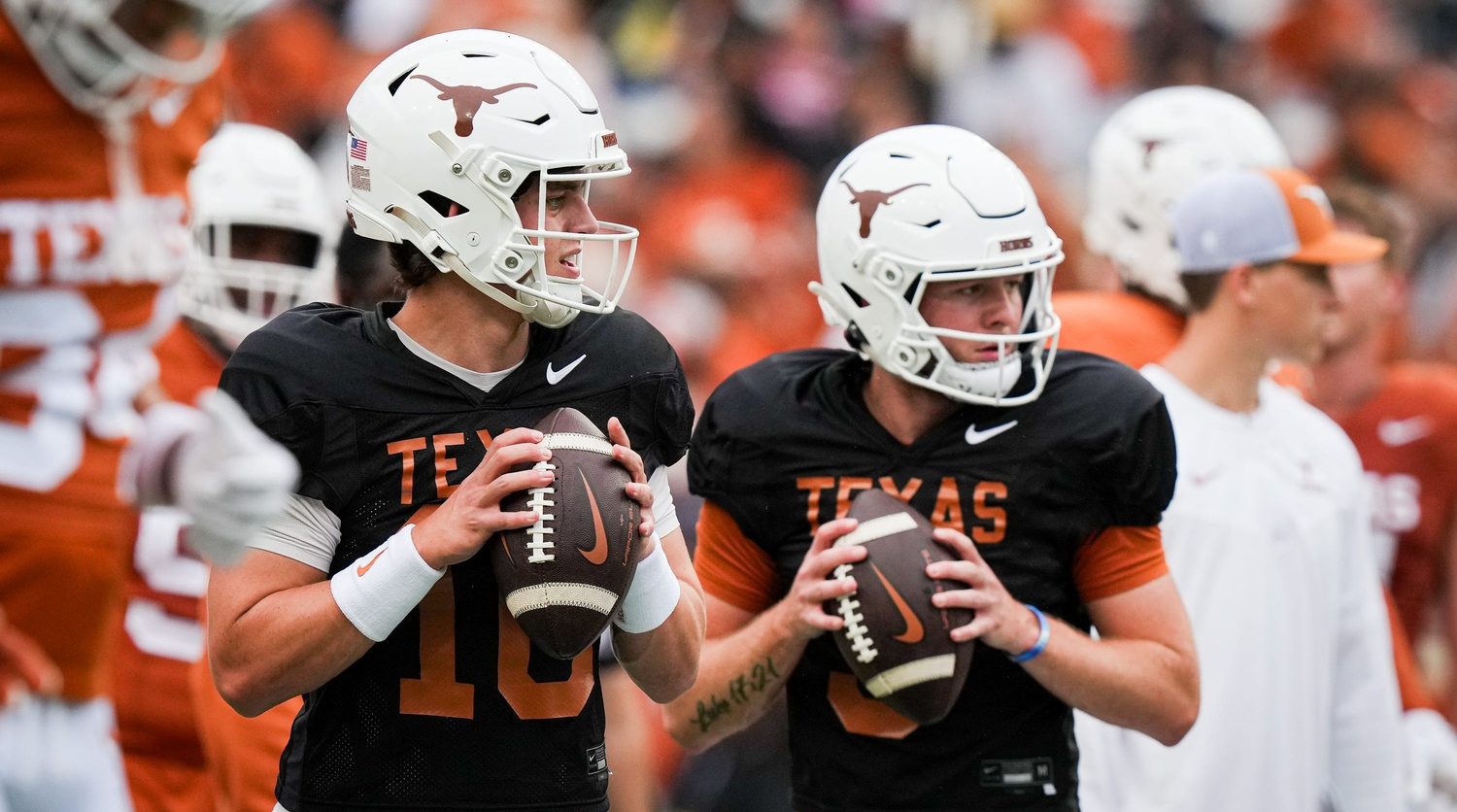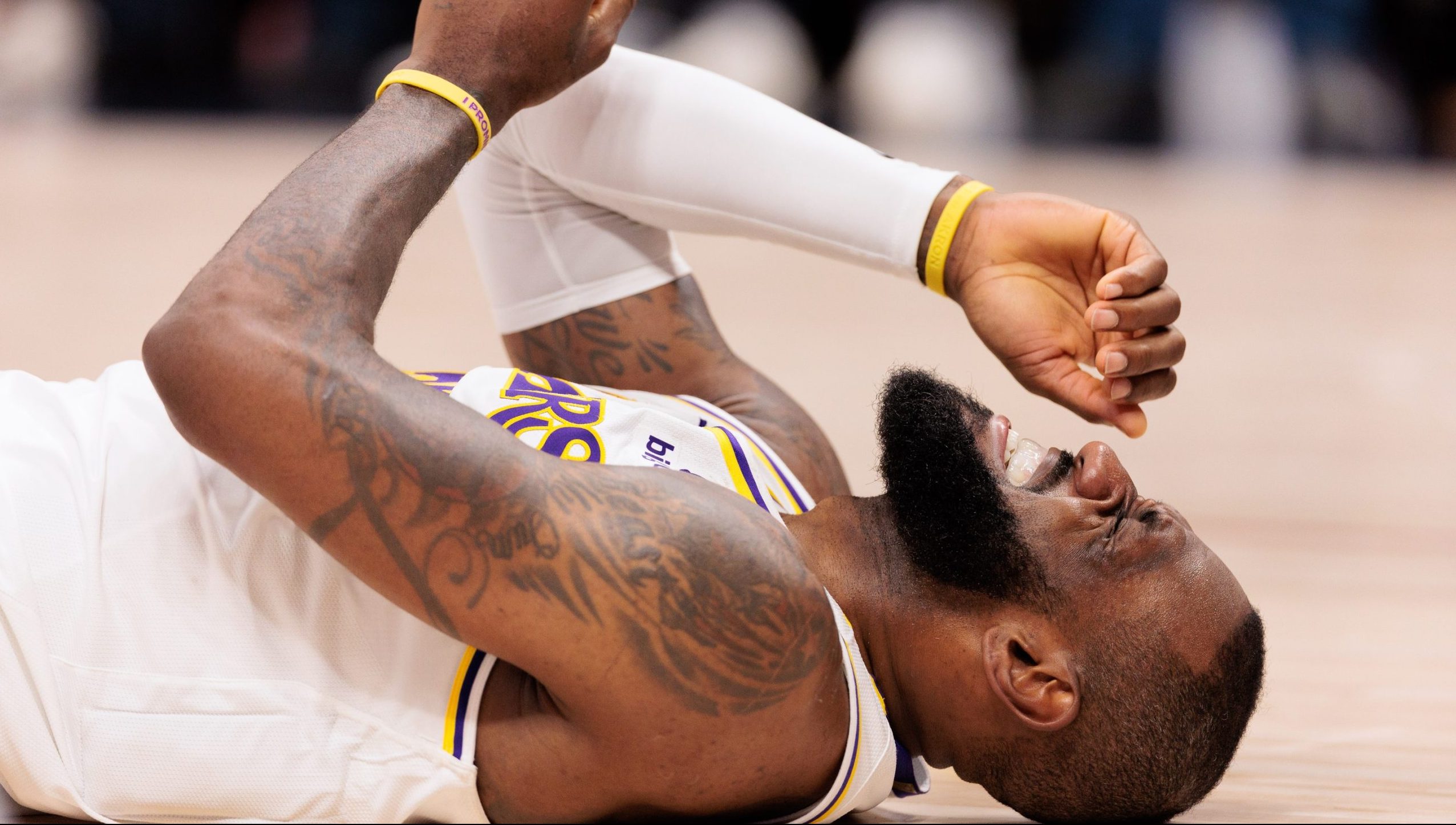The number of NCAA women’s basketball teams with female head coaches has fallen from 63 per cent in 2007-08 to 56 per cent right now, and there’s been lots of discussion about if that’s thanks to discriminatory hiring practices or something else. UConn women’s basketball head coach Geno Auriemma seems to be in the “something else” camp, telling reporters Thursday “There’s a reason why there’s not as many opportunities for women. Not as many women want to coach.” However, Auriemma’s daughter Ally (who writes for ESPNw, The Mary Sue and other outlets) then went in on his comments on Twitter.
https://twitter.com/allyauriemma/status/847612041665716226
https://twitter.com/allyauriemma/status/847612223581077506
https://twitter.com/allyauriemma/status/847612488577277957
https://twitter.com/allyauriemma/status/847612930241601536
There’s a good point there; just saying this doesn’t necessarily make Auriemma against female coaches, but his comments definitely do seem to lack perspective and avoid some of the issues that female coaches face. One of his female colleagues at the Final Four brought up excellent other reasons for that decline:
Women aren’t recycled the way that men are,” Stanford’s Tara VanDerveer said.
VanDerveer proceeded to tell the story of how she upset she was last year when her Stanford men’s counterpart Johnny Dawkins was fired. Dawkins wound up consoling VanDerveer when she broke down in tears in his office.
“I told my friend about it. My friend said, ‘Don’t worry, he’ll get a job in a week,’” VanDerveer said. “That does not happen with women coaches.”
Indeed, Dawkins landed his next job, as the coach at Central Florida, eight days later.
When Melanie Balcomb was fired last year after 14 seasons at Vanderbilt, another head coaching job didn’t quickly materialize. After three months out of work, she accepted as job as an offensive analytics consultant on Dawn Staley’s staff at South Carolina.
That’s obviously a limited example, but it does seem to occur more widely than that. Staley talked about how it’s important to keep talented minds like Balcomb in the game, and said while she isn’t overly concerned about the decline (she said it’s partly because women’s basketball has gained popularity and more men want to coach it now than used to), she hopes athletic directors and administrators aren’t just looking for male candidates. VanDerveer summed that up well, too:
If athletic directors want more women in women’s basketball, maybe they have to look in the mirror and say, ‘All right, how can we make this happen?’ There are women. If you want women in your jobs, you have to look to hire them.”
That might be the real key here. There are plenty of women who do want to coach, and the challenge may be providing more pathways that can get them there and giving them serious consideration when they apply. It’s certainly not as simple as “Not as many women want to coach,” as Auriemma’s own daughter pointed out.
[Deadspin]





